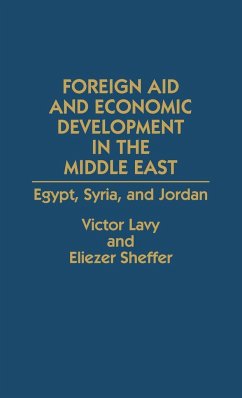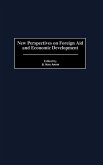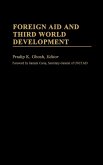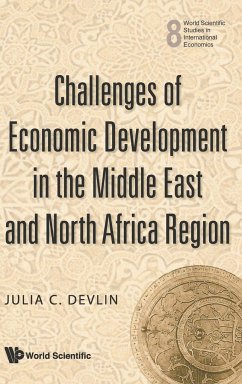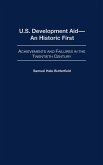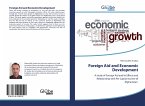The acquisition of large amounts of foreign aid, handled improperly by a struggling economy, can weaken rather than strengthen it. This study reaches this sobering conclusion by examining how the economic boom enjoyed by Egypt, Syria, and Jordan in the 1970s turned into financial crisis by the 1980s. The analysis involves the political, economic, and social similarities and differences among the three countries and pinpoints both the internal and external factors that contributed most significantly to their economic declines. Particular attention focuses on the huge influx of foreign aid thay reached the region from 1978 to 1981 and was used to advance purposes such as military buildups rather than to enhance future economic growth potential. This left all three countries, regardless of their unique political structures, in economic chaos when outside funds ran out. The work outlines the economic developments and policies of Egypt, Syria, and Jordan during the years of prosperity and crisis. Central to the discussion are the short- and long-term ramifications of both this downturn and the countries' refusal to restrict military expenditures. After illustrating how foreign aid should, therefore, not be used, this volume then urges that countries not depend on outside capital for their economic well-being, and demonstrates how economic reform can be achieved only by initiating responsible economic programs. The hardships associated with such a reversal in policy are considered, especially in light of the current Gulf conflict, but scholars of economic development and Middle East studies will agree that the extended benefits of such an approach far outweigh any temporary setbacks.

